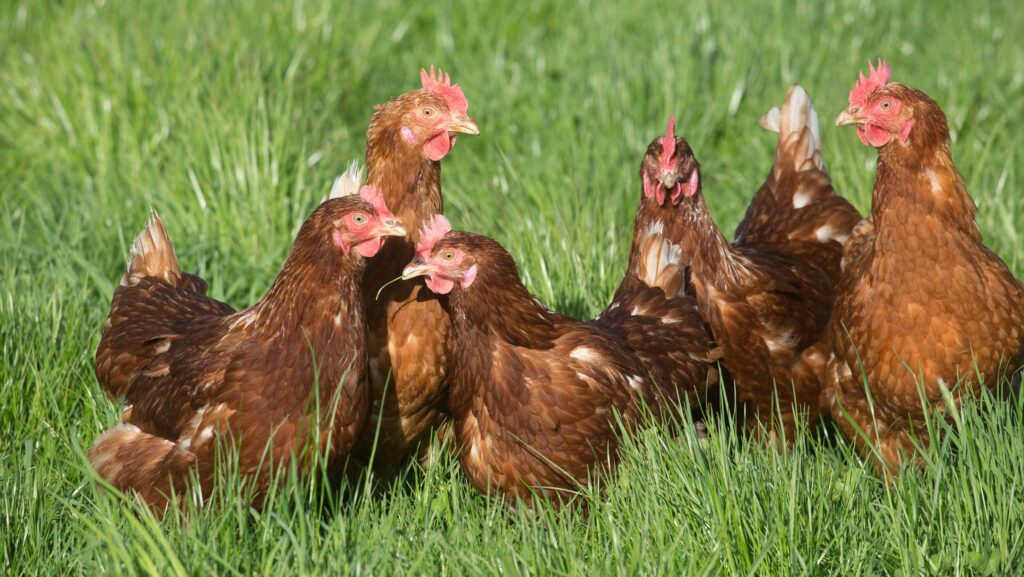MPs urge action on gene editing to curb bird flu risk
 © Tim Scrivener
© Tim Scrivener A cross-party group of MPs and peers is urging the UK government to urgently fast-track new rules allowing gene editing in farmed animals, warning that continued delays could heighten the risk of a Covid-style pandemic driven by avian influenza.
Although the Genetic Technology (Precision Breeding) Act 2023 permits gene editing in agriculture, the secondary legislation needed to extend its use to animals has not yet been enacted – a gap that campaigners say leaves the UK vulnerable to emerging zoonotic threats such as H5N1 avian influenza.
Lord Trees, a veterinarian and vice-chairman of the All-Party Parliamentary Group on Science and Technology in Agriculture, said the government must “act without delay”.
See also: Defra urged to push ahead with gene editing for livestock
“This is a clear public health risk. The science is there. What’s missing is the political will to act fast enough,” he warned, pointing to UK research already producing promising results.
Scientists at Imperial College London and the Roslin Institute in Edinburgh are using gene editing to breed chickens resistant to H5N1.
Within two years, researchers believe it may be possible to develop birds fully immune to the virus – breaking the cycle of transmission from wild birds to poultry and ultimately to humans.
“Publicly funded research in the UK is ahead of the curve,” Lord Trees said. “It may hold the key to stemming H5N1 transmission on a global basis.”
The call comes as leading virologists from the Global Virus Network warned in The Lancet of rising H5N1 cases in the US, with infections now confirmed in nearly 1,000 dairy cow herds and more than 70 people – including one fatality.
Some cases had no contact with infected animals, raising fears of human-to-human transmission.
Gene-edited pigs
Lord Trees welcomed the recent US Food & Drug Administration approval of a UK-developed gene-edited pig resistant to Porcine Reproductive and Respiratory Syndrome, calling it “proof that these technologies work – and can deliver both health and economic benefits”.
He added: “There is a moral imperative here. Healthier animals are not just more humane – they also protect human health.”
Richard Griffiths, chief executive of the British Poultry Council, said: “Our breeding companies do not use gene editing as part of their everyday businesses.
“Birds are selected and bred to pass on the best possible traits, ensuring flocks meet high standards of welfare, productivity, and sustainability.
“The use of gene editing specifically for the control of disease clearly has significant potential, but would need robust oversight, and alongside biosecurity and vaccination could be part of a future ‘toolbox’ for dealing with avian influenza.”
Defra response
A Defra spokesperson said: “We know the devastating impact bird flu has had on farmers and poultry producers, but the risk to human health from the avian influenza virus remains very low.
“Scrupulous biosecurity remains best practice for protecting the health and welfare of flocks why is why we have introduced prevention zones across the UK, with additional mandatory housing for kept birds in the most affected areas.
“We continue to carefully consider the regulatory framework for animals outlined in the Genetic Technology (Precision Breeding) Act 2023.”
